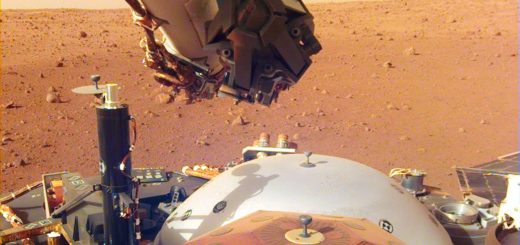Beyond Our World: The Latest Breakthroughs in Planetary Research
Over the past few decades, advancements in technology have allowed scientists to explore the planets and moons in our solar system like never before. From rovers on Mars to spacecraft orbiting Jupiter, researchers have been able to gather an incredible amount of data about our celestial neighbors. With each new discovery, our understanding of the universe grows, and the latest breakthroughs in planetary research are no exception.
One of the most exciting developments in recent years has been the discovery of water on Mars. For years, scientists have suspected that there may be water on the red planet, but it wasn’t until the Mars Reconnaissance Orbiter detected evidence of liquid water flowing on the surface in 2015 that this theory was confirmed. This discovery has immense implications for the possibility of life on Mars, as water is a key ingredient for sustaining life as we know it.
Another groundbreaking discovery was made on Saturn’s moon Enceladus, where the Cassini spacecraft detected plumes of water vapor erupting from the moon’s icy surface. This finding suggests that there may be a subsurface ocean on Enceladus, making it a prime candidate for further exploration in the search for extraterrestrial life.
Closer to home, researchers have made significant progress in understanding the dynamics of Earth’s climate and atmosphere. Satellites like the NASA Earth Observing System have provided valuable data on climate change, air quality, and natural disasters, helping scientists better predict and mitigate the effects of these phenomena.
In addition to exploring our own solar system, astronomers have also made strides in discovering exoplanets – planets outside of our solar system. The Kepler Space Telescope has identified thousands of exoplanets, many of which are located in the habitable zone of their host stars, where conditions may be suitable for life. These findings have sparked the imagination of scientists and the public alike, as we ponder the possibility of life beyond our own planet.
As our technology continues to improve, so too will our ability to explore and understand the planets and moons in our solar system, as well as the countless exoplanets scattered throughout the galaxy. The latest breakthroughs in planetary research have opened new doors of discovery and promise to shape our understanding of the universe for years to come. With each new piece of data collected, we move one step closer to unlocking the mysteries of the cosmos and perhaps even finding evidence of extraterrestrial life. The possibilities are endless, and the future of planetary research is brighter than ever.













